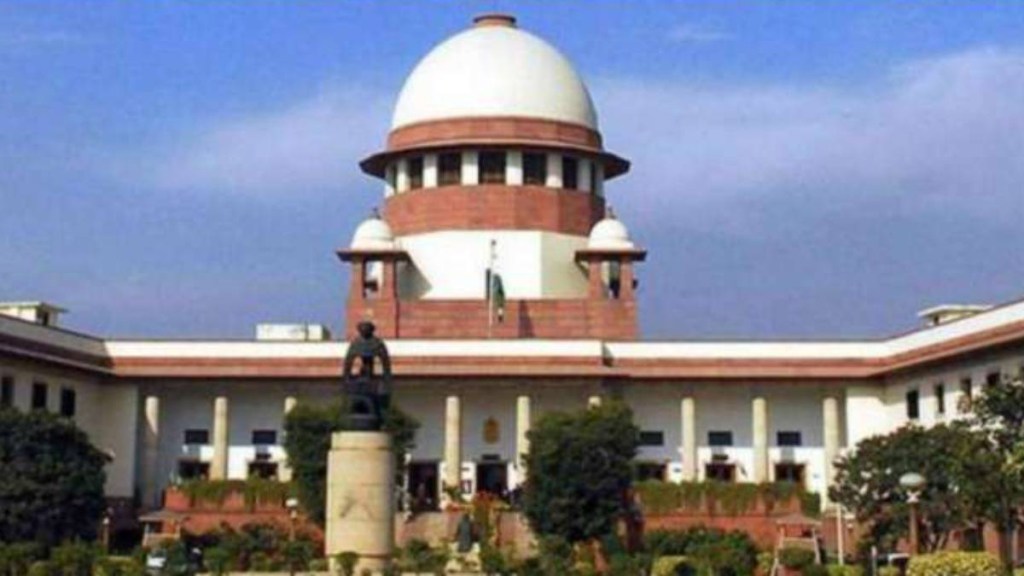Two separate petitions filed before the Supreme Court and the Delhi High Court seeking action against Prime Minister Narendra Modi over his “hate speeches” were turned down by the respective courts on Tuesday.
While the plea in the Supreme Court sought a ban on PM Modi from elections for the next six years, the one in the Delhi High Court sought directions to the Election Commission of India to act immediately against the Prime Minister for violating the Model Code of Conduct by delivering “communally divisive speeches”.
The petition in the Supreme Court alleged that PM Modi had engaged in “hate speeches” and violated the Model Code of Conduct during his election campaigns and sought his exclusion from future electoral processes. However, the bench, comprising Justices Vikram Nath and SC Sharma, opted not to entertain the plea, redirecting the petitioner to pursue a resolution through authorities that take redressal of the grievance complains.
“Have you approached authorities? For writ of mandamus you must approach the authorities first,” the court said. Following the bench’s guidance, the petitioner decided to withdraw the plea. Consequently, the matter was dismissed as withdrawn, according to PTI.
The petition, filed by one Fatima through Advocate Anand S Jondhale, had urged the Election Commission to disqualify PM Modi from participating in elections for a duration of six years under the Representation of People Act.
Similarly, the Delhi High Court also refused to admit a petition that sought “immediate action” against Prime Minister Modi by the Election Commission of India (ECI) on the grounds of “delivering communally divisive speeches in gross violation” of the Model Code of Conduct (MCC).
During the hearing, petitioner advocate Nizam Pasha highlighted the partial treatment of political leaders and requested, “The one thing that the rule of law demands is that there should be the same treatment for similarly placed individuals.”
According to The Indian Express, the HC expressed unwillingness to micromanage ECI functionalities, stating, “I cannot micromanage the ECI on how they will deal with it. They (ECI) are in the middle of dealing with it. A statement is being made that they expect to receive a letter issued. It is a constitutional body. We can’t presume they (ECI) won’t do anything.”

